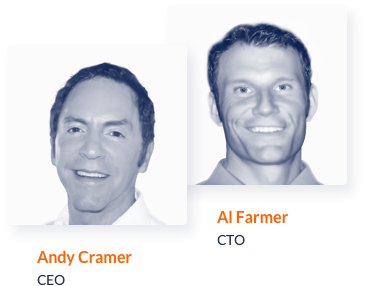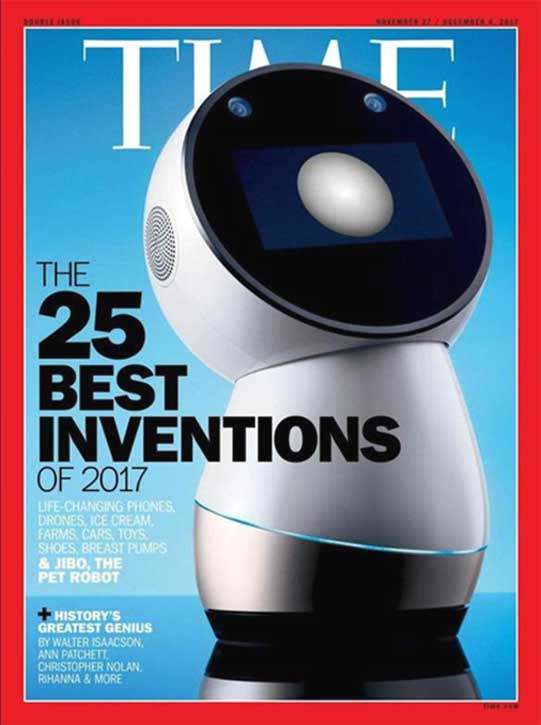We are passionate about our community
and support its diversity and mandated
social justice. Our intention is to support
companies that are committed to similar
values.
Let us show you how to create value for
your business proposition.

- We have a world class production and design team.
- Our production team is scalable for any size project.
- We provide around the clock service to our clients.
- We have a unique understanding of the digital universe.
Whenever you need to produce or refresh a website or app,
add new technology, or design a project, we can help.
Ask about our new client promotion


 Home
Home